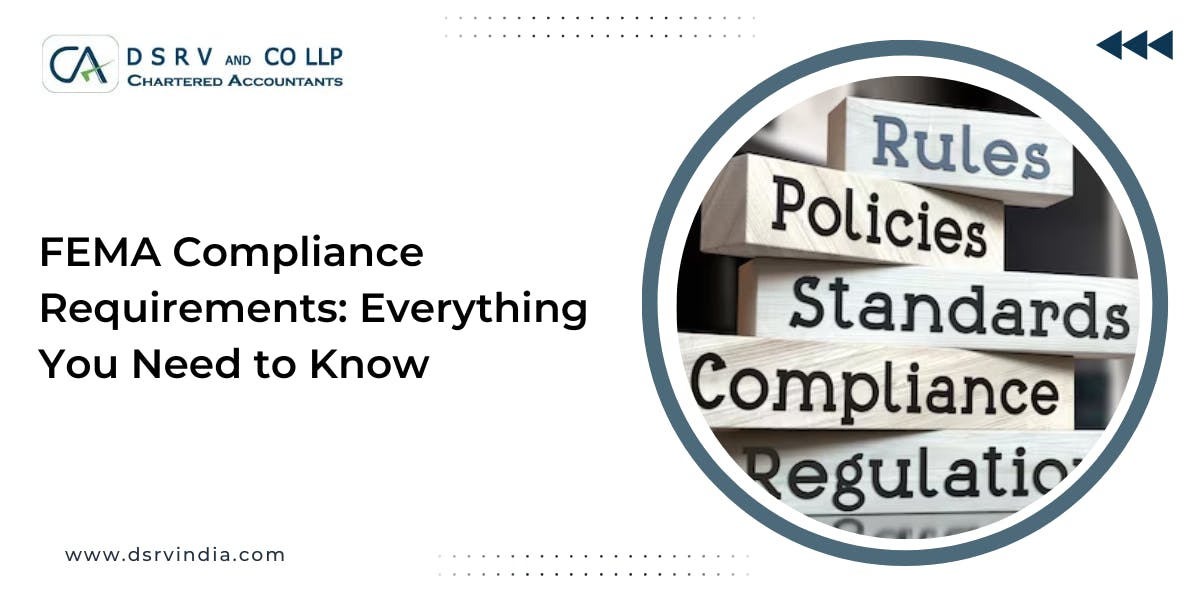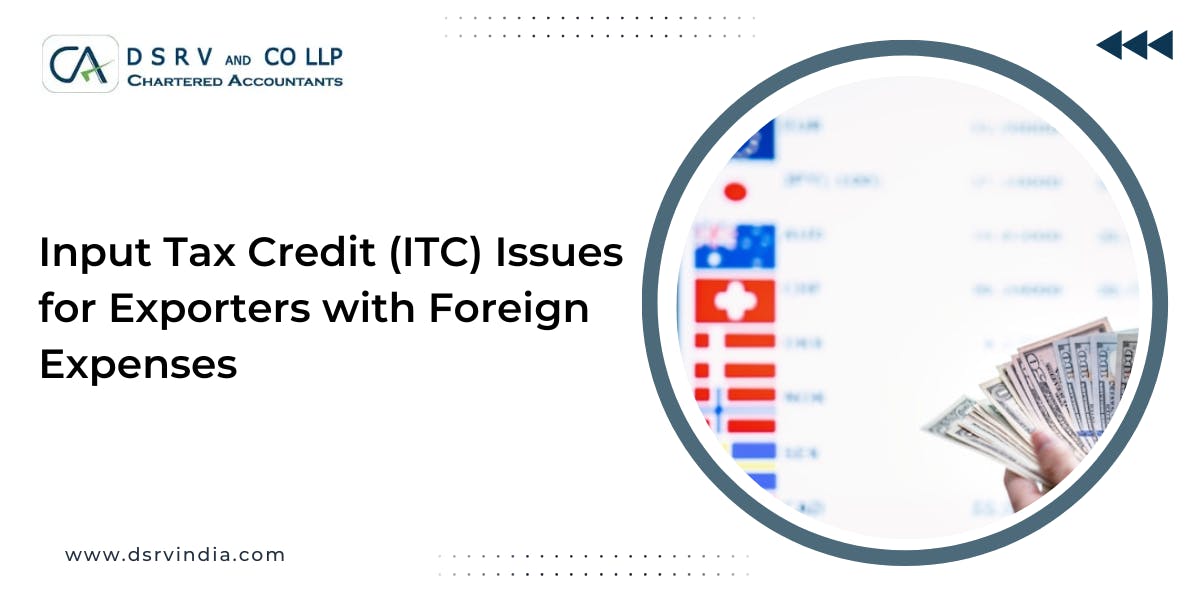FEMA Compliance Requirements: Everything You Need to Know [2025]
Are you struggling to understand FEMA rules and regulations? If you are an entrepreneur, knowing about the rules under FEMA compliance allows you to conduct trade outside without any hurdles. If you want to avoid legal troubles and penalties, you need to know about it in detail. Read more to learn about FEMA compliance requirements:









